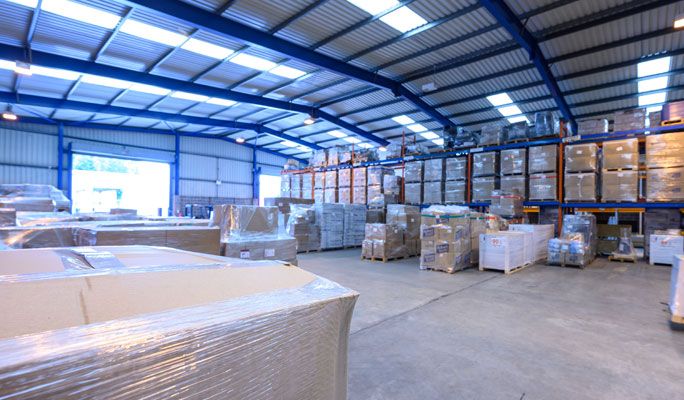What is logistics and how does it work in the air
logistics can be defined as the process of organizing and managing the flow of goods and services from the point of origin to the point of consumption in order to meet customers’ requirements. It usually includes the planning and management of transportation, warehousing, and inventory. In the context of air transportation, logistics refers to all activities related to the movement of passengers and cargo. This includes planning, organizing, and managing the entire operation, from booking tickets and loading luggage to ensuring that passengers reach their destination on time.
How do airlines manage their cargo and freight?
Airlines manage their cargo and freight by working with a number of logistics providers. These providers help airlines to plan, organize, and manage the movement of goods and passengers. They work with airlines to make sure that cargo is loaded and unloaded in a timely manner, and that passengers are processed smoothly and boarded on time.
Airlines also work with freight forwarders. Freight forwarders are companies that specialize in the transportation of cargo. They work with airlines to arrange the transportation of goods from one point to another, often using multiple modes of transportation. This can include air transportation, ocean shipping, rail transport, and trucking.
What are some of the challenges faced by airlines when it comes to logistics?
Airlines face a number of challenges when it comes to logistics. One of the biggest challenges is the coordination of multiple transportation modes. This can often be complex and time-consuming. Airlines also need to make sure that they are working with reliable and efficient logistics providers. Poor service from a provider can cause delays and disrupt the flow of goods and passengers. Airlines also need to be aware of the changing needs of their customers and adapt their logistics operations accordingly.
How has technology changed the way airlines manage their cargo and freight
Airlines have always been reliant on technology to help them manage their cargo and freight. Early on, this involved the use of computers to track shipments and create delivery schedules. Today, airlines are using more sophisticated technologies to help them optimize their operations. This includes the use of GPS tracking systems and barcode scanners. Airlines are also using RFID tags to track cargo. These tags can be used to identify individual items and follow their movement throughout the supply chain. This helps airlines to ensure that their goods are delivered on time and in the correct condition.
What is the future of logistics in the airline industry?
The future of logistics in the airline industry looks promising. Airlines are increasingly using sophisticated technologies to help them optimize their operations. This includes the use of GPS tracking systems and barcode scanners. Airlines are also using RFID tags to track cargo. These tags can be used to identify individual items and follow their movement throughout the supply chain. This helps airlines to ensure that their goods are delivered on time and in the correct condition. Additionally, airlines are relying more on freight forwarders to help them coordinate the transportation of goods between different points. This helps to ensure that cargo is loaded and unloaded in a timely manner and that passengers are processed smoothly and boarded on time.






